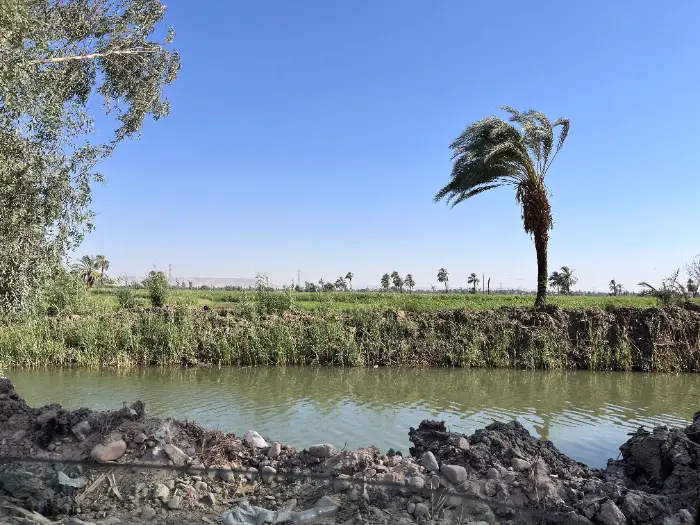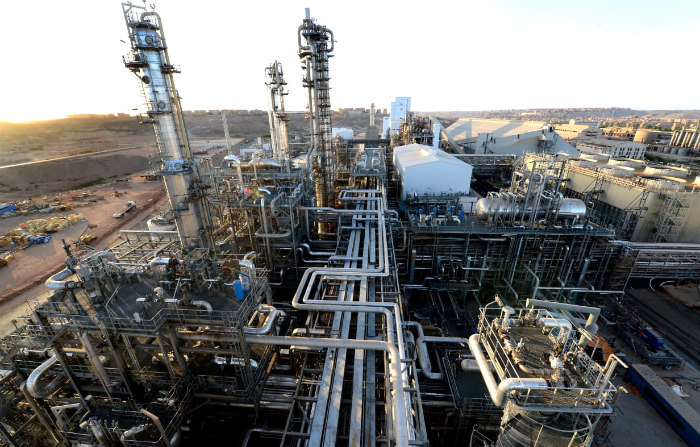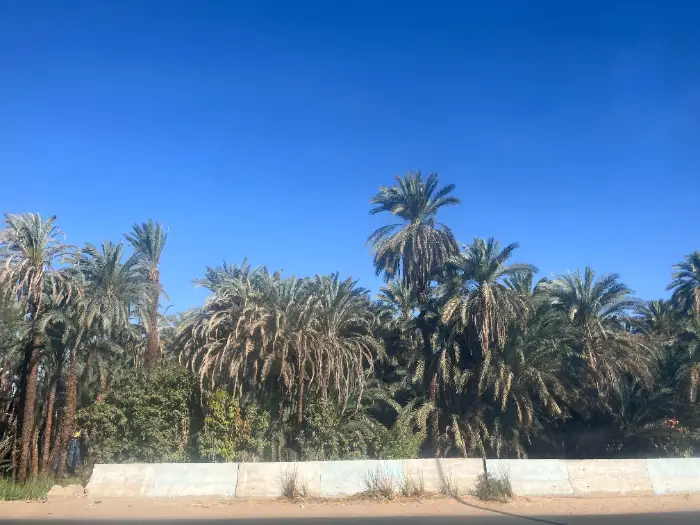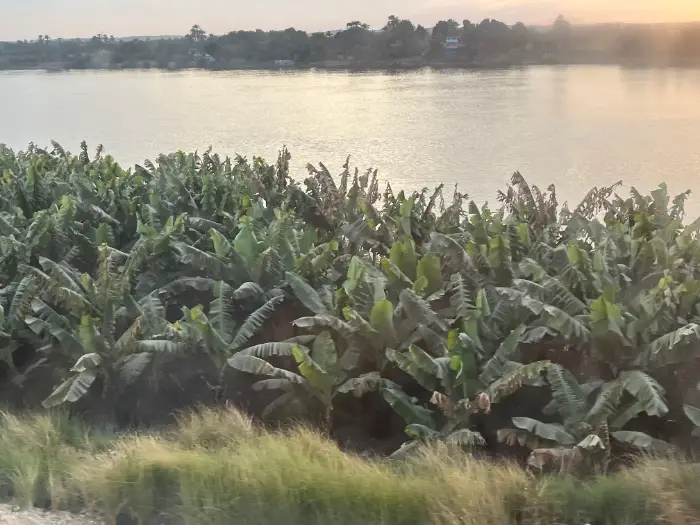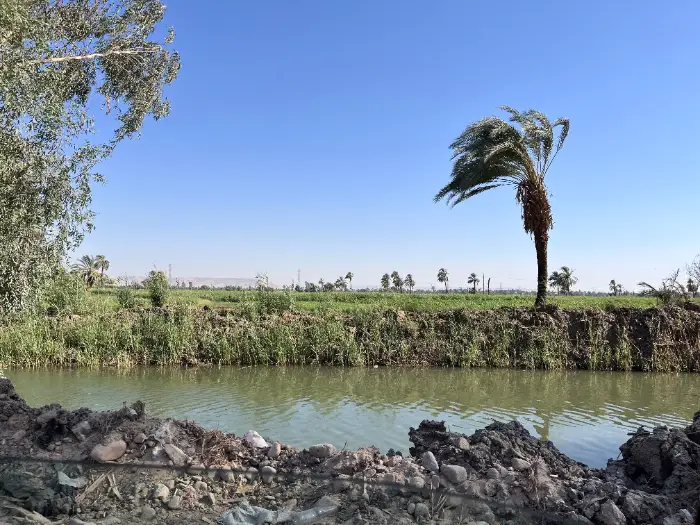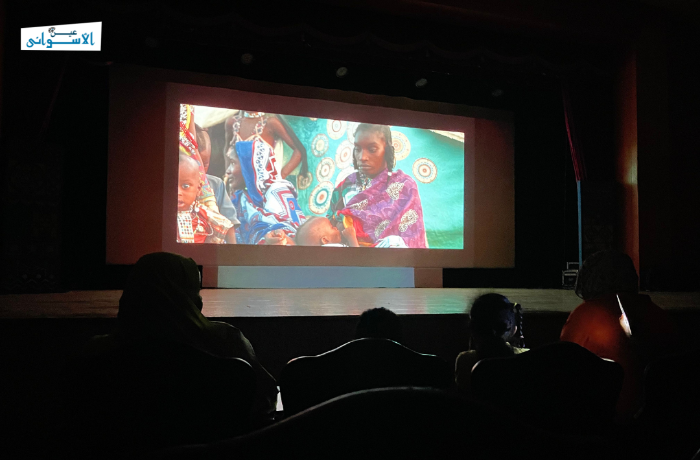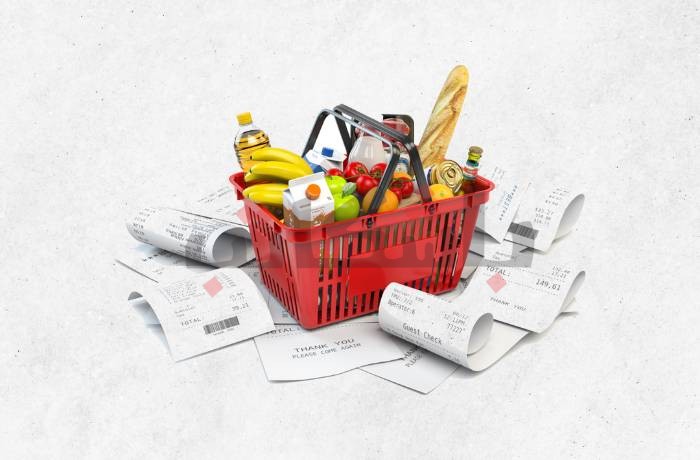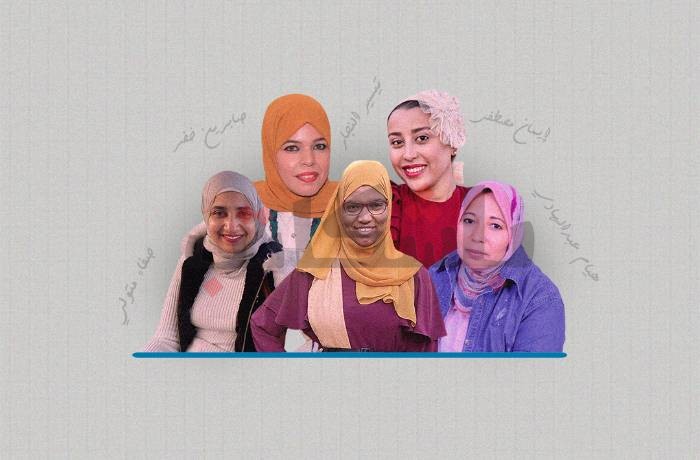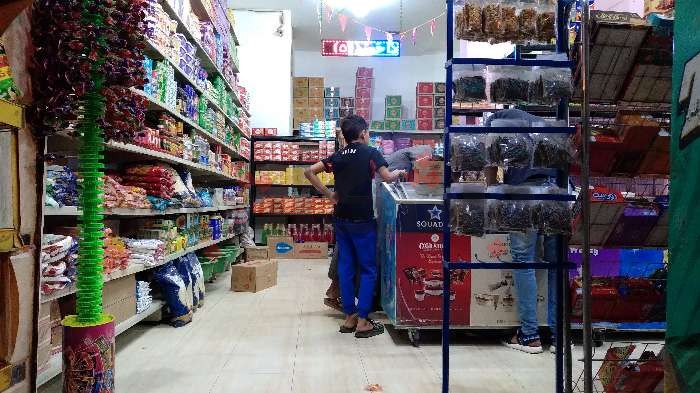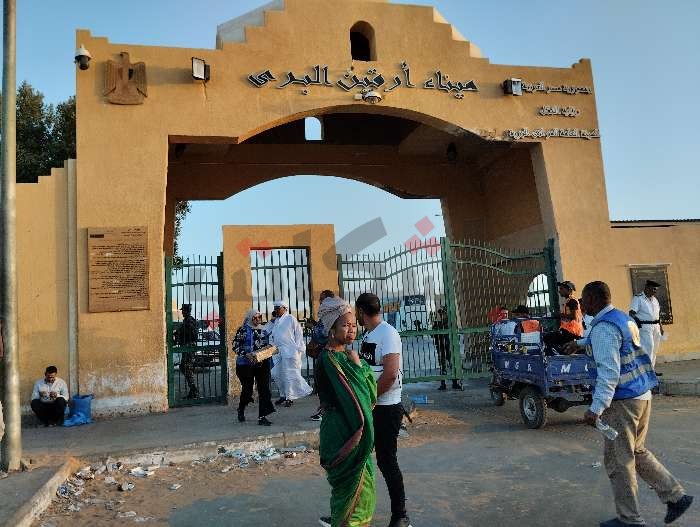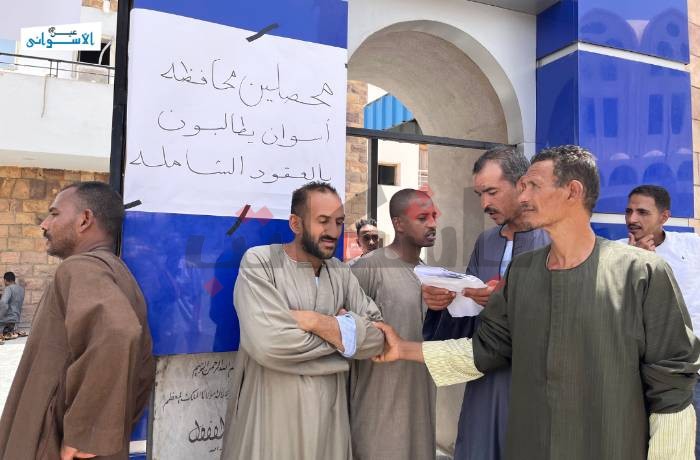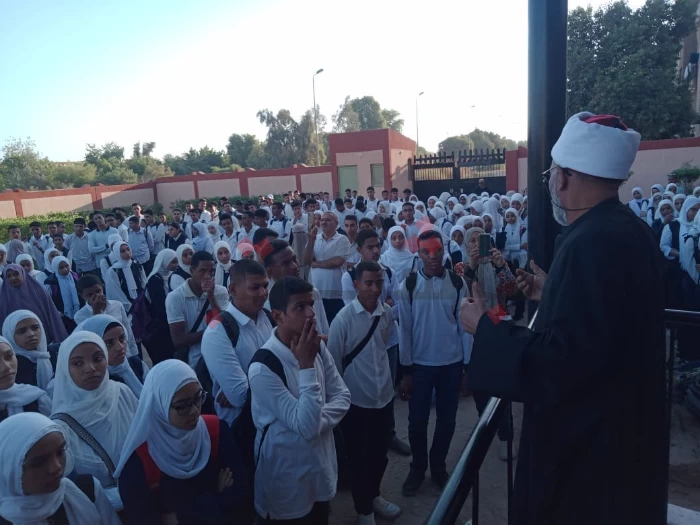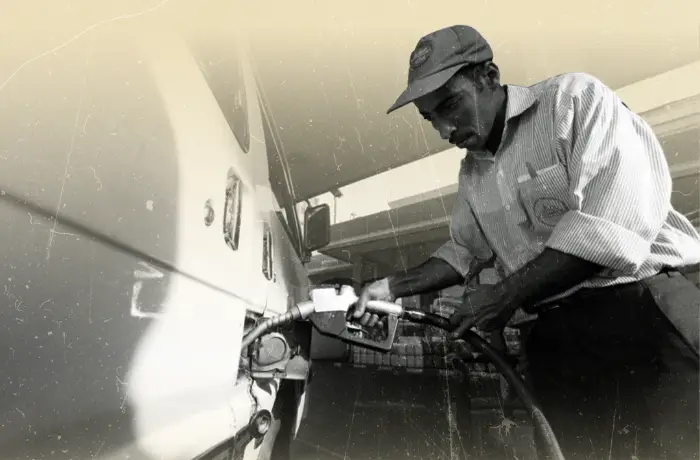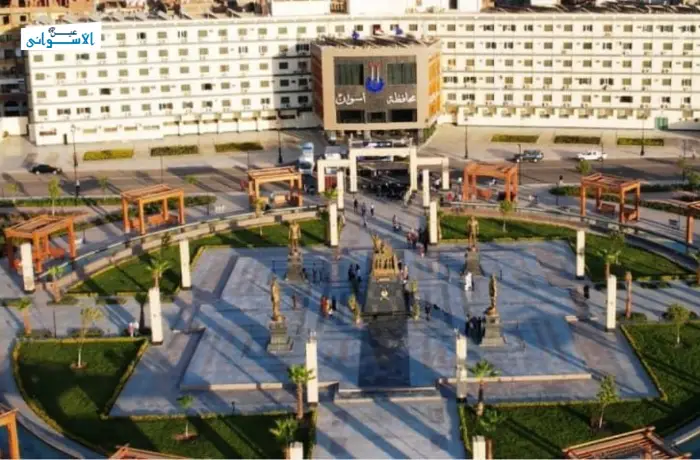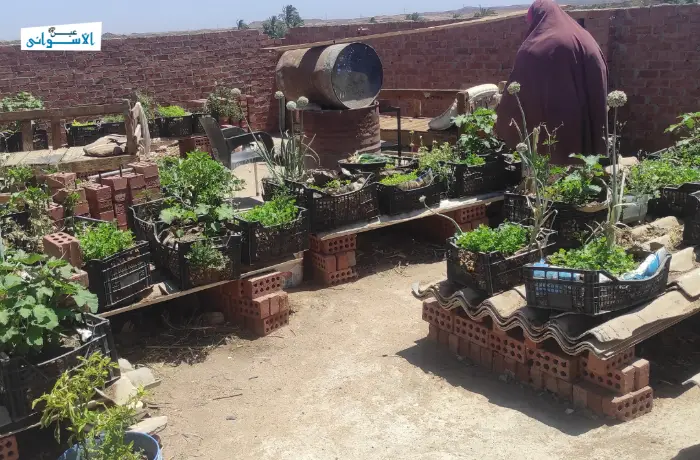About 15 days ago, Hamdy Sayed, a farmer in Selwa village, Kom Ombo town in Aswan, started cultivating the Levantine corn using fertilisers sold by the Agricultural Cooperative Society (ACS), at the cost of 240 EGP per sack, instead of 150 EGP.
Sayed told Ain Al-Aswani that the increase in fertilisers’ prices started exactly three months ago, and not only those sold by the ACS, but by private companies as well, so that they now cost 800 EGP per sack, instead of 500 EGP.
Sayed cultivates sesame, hibiscus, sugar cane and a number of other crops, so he needs around a ton of fertilisers, forcing him to buy more from private companies’ outlets, as the ACS specified selling for every farmer 15 sacks only per acre.
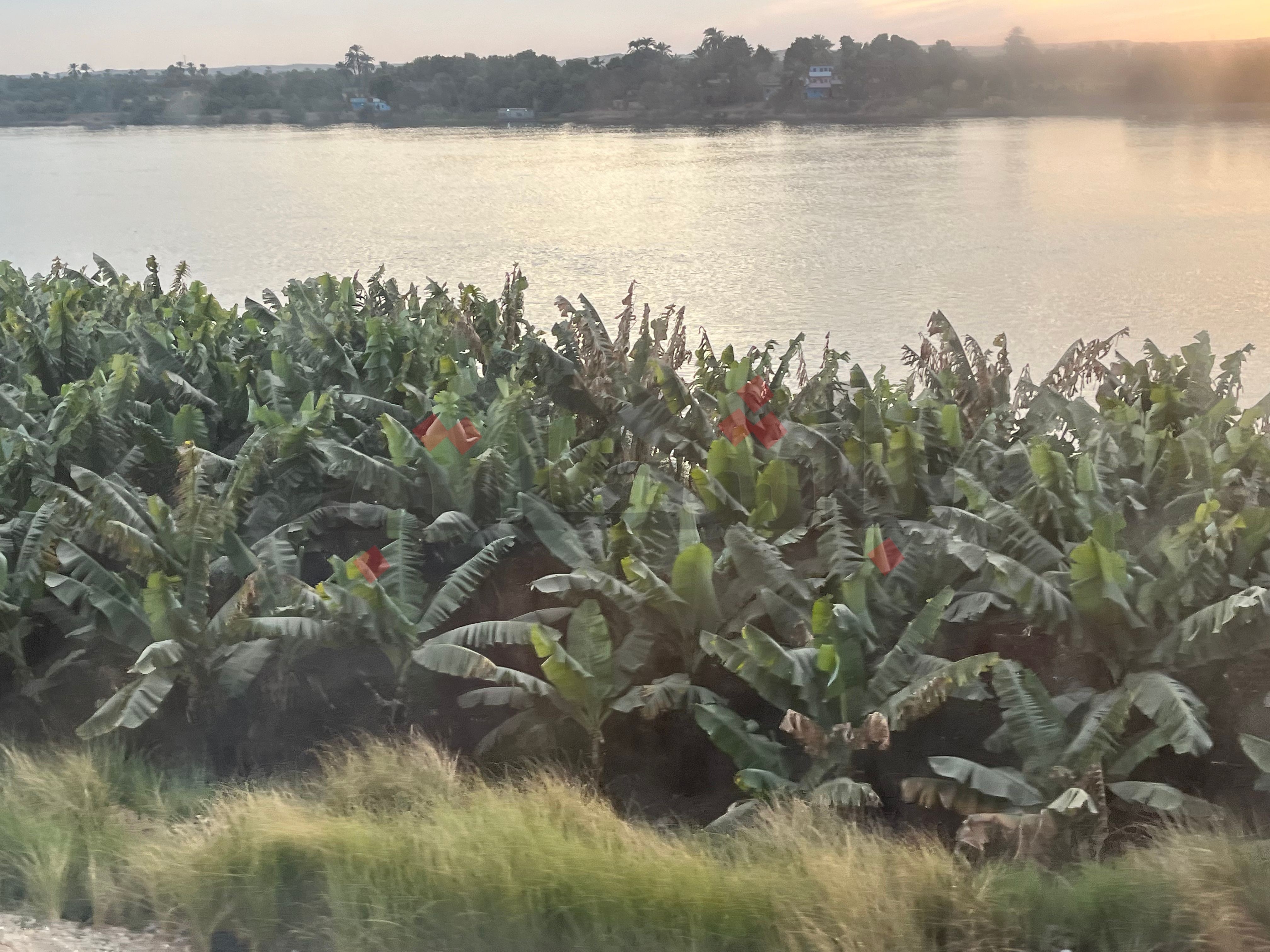
Currently, Sayed obtained part of his share of the fertilisers, and is still waiting for ACS to learn whether he will receive more by the middle of this month, or would the employee there inform him that the current quantities are not sufficient and will be delivered to other farmers.
In this case, Sayed, regretfully, will have to buy fertilisers from private companies’ outlets for higher prices, this or he shall say goodbye to his crops. Another alternative for Sayed, is to buy unpacked fertilisers, and as a 25-kilos-bucket costs 240 EGP, so he shall need three buckets instead of one sack, in order to save around 100 EGP at least. However, this type of fertiliser doesn’t suit all kinds of crops, such as mango and corn, especially as they ceased using flood irrigation at his village, forcing Sayed to use the only fertilisers available at the free market.
This is not Sayed’s problem only, many farmers go through the same as well, like Mohamed Taha, a farmer from Ramadi village, Edfu town, as he suffered from the increase of the fertilisers’ prices when he decided to cultivate Levantine corn.
Taha believes that the fertilisers’ quantities specified by the Agriculture Directorate do not answer the needs of his crops like his other fellow farmers, “they provide me with fertilisers’ fit for a half-acre, whereas I’m already cultivating two!” the thing that forced him to buy a 50-kilos-sack of fertilisers for 500 EGP during the last winter farming season.
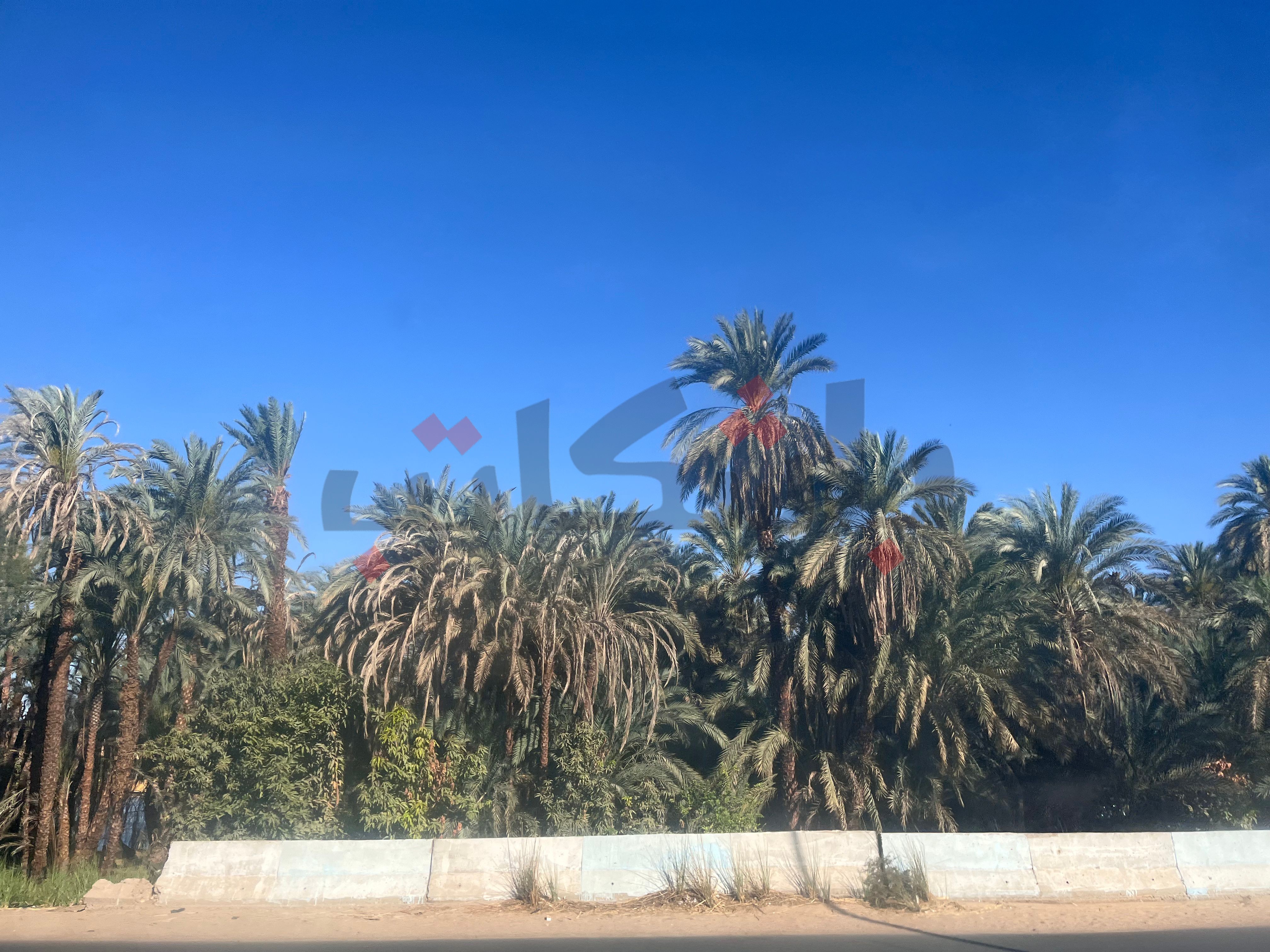
Minister of Agriculture and Land Reclamation, Alaa Farouq have acknowledged the crisis of fertiliser’s shortage and expensiveness the farmers are suffering from, over a phone call to “Kalema Akhira” program broadcasted on ON TV on 11th July 2024, this was during a tour of a number of agricultural cooperative societies, after receiving complaints from some farmers, noting that this crisis will be resolved and that agricultural cooperative societies will receive quantities of fertilisers now that the factories have returned to function after stopping during the past few days.
Taha receives variable amounts of fertiliser from the Agriculture Directorate, between three to five “sacks”, and as crops need fertilisers, he is forced to buy from the black market. Taha claims that some farmers who request a share of fertilisers do so under agricultural ownership declarations allocated to agricultural lands that they do not actually own.
Fertilisers’ prices rose in conjunction with the shutdown of the Holding Company for Chemical Industries (KIMA) in Aswan in mid-June for a month due to a shortage of gas supplies; the company announced in early July that it would resume its operations again after receiving required gas.
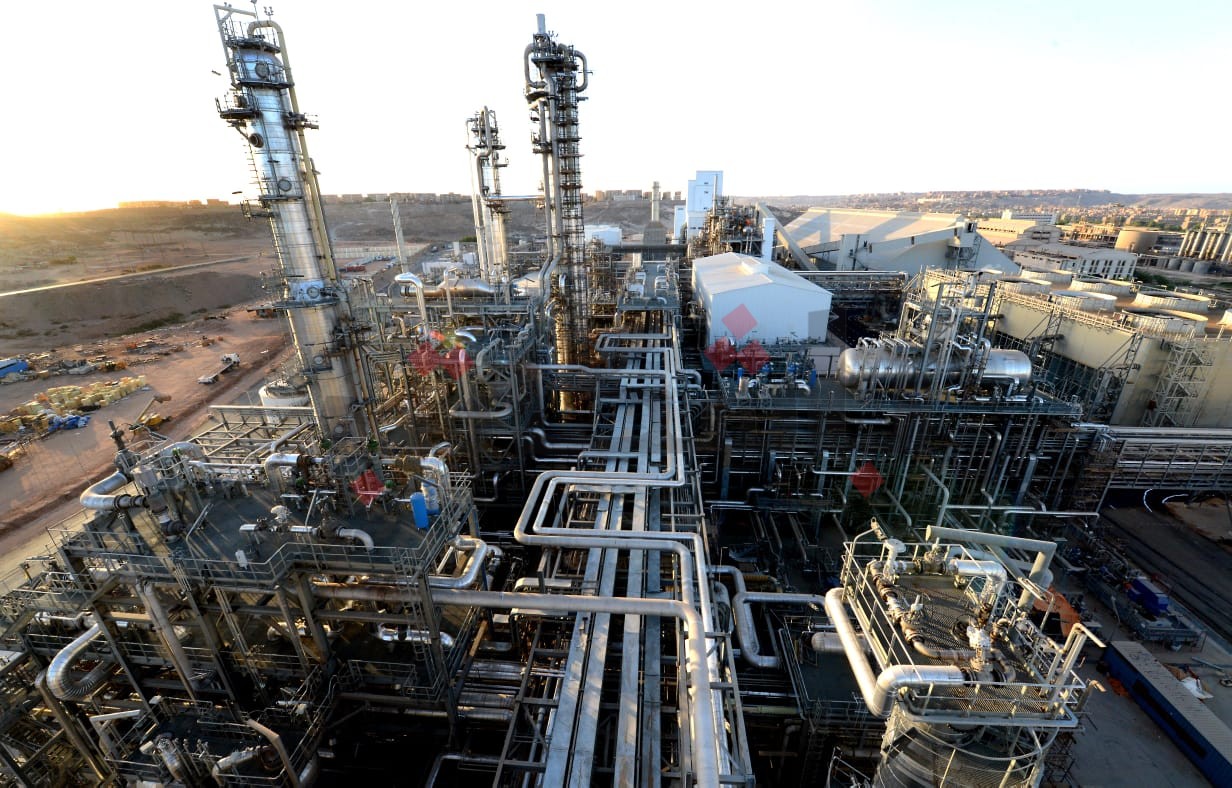
This wasn’t the only reason causing the fertilisers’ shortage, the problem has deeper layers than this, for according new website, the Egyptian government decided to reduce gas supplies to the factories with heavy power consumption in November 2023, consequently reducing quantities of gas allocated to fertiliser factories by 20%, hence Helwan Fertilisers Company announcing a three-day halt in production due to a shortage in gas supplies, followed by a number of companies announcing a halt in production for the same reason.
At the same time gas supplies were reduced, KIMA company revenues decreased, announcing on their official website that revenues amounted to 513.62 million EGP from July to the end of December 2023, compared to the 604.44 million EGP revenues achieved during the last fiscal year, with a 15% decline on an annual basis.
For his part, Shahin Kamal El-Din, an employee at KIMA Factory Public Relations and Media Management, explained to Ain Al-Aswani the reason behind the factory’s halt for about two weeks, which was a result of cutting natural gas supplies the factory needs to operate the machines producing the fertilisers.
Kalam El-Din adds that during the period gas supplies were cut, periodic maintenance works were conducted which were scheduled a month later, but today, with the promises of resupplying the gas, the factory works with a percentage ranging between 110% to 115% out of the actual operating capacity.
Shahin explains that the factory resumed operating after cutting off the gas supplies, through using its reserved gas until it ran out, pointing out the factory owns about 50 thousand tons in reserve.

“Fertilisers’ prices are based on supply and demand; during the shutdown period, a ton of fertilisers cost globally 100 USD, urea - a type of fertiliser - currently costs between 300 and 380 USD. The Ministry of Agriculture receives 55% of the factory's production at a subsidised price of 400 to 500 EGP per ton, and the factory is not responsible for defining the prices the farmers buy at," added Shahin.
The Limited Inspection Report on the periodic financial statements of "KIMA" Company on 31st March, 2024, shows an assessment of about 50,056 thousand tons of urea at a cost of about 6,185 EGP per ton, being the company's urea stock.
It seems that the Ministry of Agriculture is still owed a quantity of 93 thousand tons, the company has exported 43 thousand tons out of it, with an average of 11.886 EGP instead of 4285 EGP, the selling price of the ministry. The Ministry of Agriculture was supposed to receive the indicated quantity, yet it received only 11 thousand tons only, whereas it requires 207 thousand tons.
